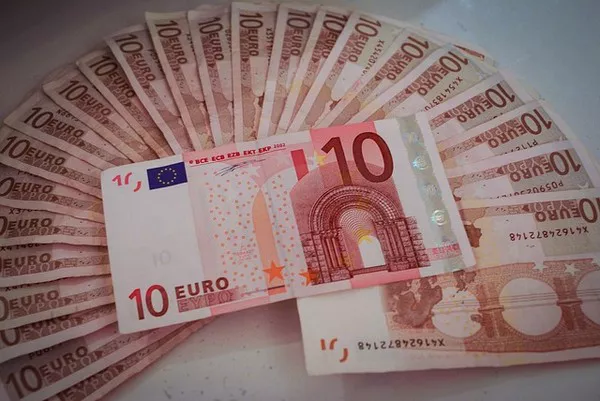EUR/CAD stopped rising and traded around 1.5130 in European Wednesday session. The CAD strengthened against its peers despite weak inflation data supporting the dovish stance of the Bank of Canada (BOC). Moreover, the commodity-linked CAD was able to remain strong even if crude oil prices fell. Canada is the largest oil exporter to the United States.
Canada’s consumer price index (CPI) fell to 2.5% year-on-year in July from 2.7% in the previous month, in line with market expectations. This marked the slowest increase in consumer prices since March 2021. In addition, the closely watched BoC core consumer price index (CPI) fell to 1.7% from 1.9% in the previous month, reinforcing the market’s dovish expectations for the BoC.
West Texas Intermediate (WTI) crude oil prices extended their decline for the fourth consecutive session, trading around $73.00 per barrel at press time, amid an expected ceasefire in the Middle East. U.S. Secretary of State Anthony Blinken concluded a regional trip aimed at promoting a ceasefire in Gaza. Blinken, along with mediators from Egypt and Qatar, raised hopes for a U.S. “bridge-building proposal” that could narrow the gap between the conflicting parties in the 10-month-old war, according to Reuters.
EUR/CAD was supported as traders expected the European Central Bank (ECB) to gradually reduce interest rates. However, ECB officials are cautious about committing to a specific timeline for rate cuts, given concerns that inflationary pressures could rise again.
Traders are likely to watch the Eurozone and German Purchasing Managers Index (PMI) data due on Thursday. The Eurozone’s HCOB Composite Purchasing Managers Index is expected to come in at 50.1, down from 50.2 the previous day.


